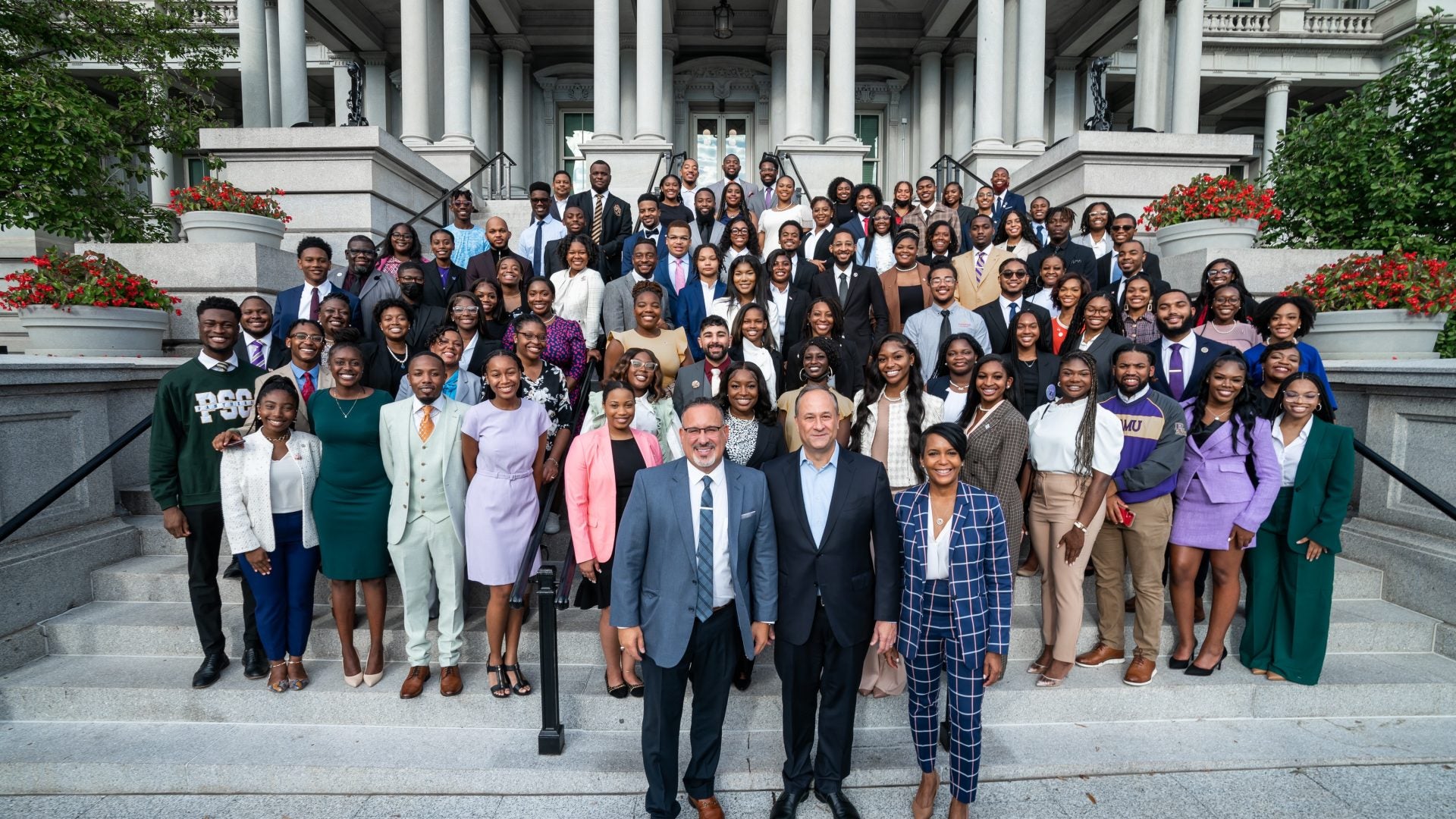
The annual National Historically Black Colleges and Universities (HBCUs) Week Conference kicked off in Washington, D.C., on Tuesday, September 20.
This conference aims to address the barriers that HBCUs face while also amplifying their contributions. This year, the three-day conference honored those important contributions HBCUs have made to this country and their critical role in advancing America’s global competitiveness.
HBCUs have produced 40 percent of all Black engineers and 50 percent of all Black lawyers in America. Seventy percent of Black doctors in our country attended an HBCU and 80 percent of Black judges are alumni of these schools.
“HBCUs have a proud legacy of creating doors of opportunity where none previously existed and providing students of color with an education grounded in affirmation, inclusion, and excellence,” U.S. Secretary of Education Miguel Cardona said in a statement.
“The Biden-Harris Administration will continue to champion bold investments in HBCUs so that they can expand their research capacity, prepare students for opportunities in today’s most cutting-edge fields, ensure the safety of their campus communities, and continue raising the bar for equity, excellence and inclusion,” Cardona added.
The HBCU conference is organized by the White House Initiative on Advancing Educational Equity, Excellence, and Economic Opportunity through Historically Black Colleges and Universities. This initiative works with the President’s Executive Office on key administration efforts related to advancing educational equity and economic opportunity through HBCUs in partnership with leaders, representatives, students and alumni of these institutions.
During the conference, members of President Biden’s Cabinet, federal agency officials, private sector executives and financial aid experts met with the HBCU community. A career fair was also scheduled.
To wrap up the week, students from 56 HBCUs who are a part of the White House Scholars program met with senior administration officials as part of an initiative led by the second gentleman, Douglas Emhoff.
This year’s event, the first in-person conference since 2019, was expected to draw over 2,000 in-person attendees and 1,500 virtual attendees, including HBCU presidents and chancellors.